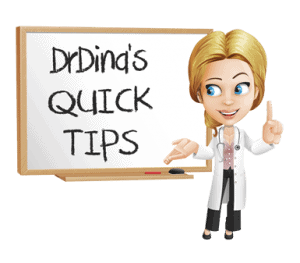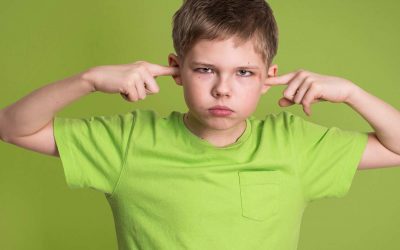Does Your Child Have Mild To Severe Depression Symptoms?
5 Ways To Help Your Child If You Think They Are Depressed
In previous blogs we reviewed signs of depression.
If your child has severe depression symptoms, please seek the advice of your doctor or therapist. Seek emergency care if you are concerned about your child’s health and safety.
-
Connect with them.
For younger children that means making sure you have daily time for one on one play. For older children and adolescents that might mean a special outing where there is time to talk e.g. a walk in the park, going for a coffee.
-
Ask open-ended questions.
Tell them you have noticed a change in them and ask open-ended questions e.g. tell me how you’ve been feeling? What can I do to help you at the moment? Help me understand what happened in school today (e.g. if there has been an incident reported to you).
-
Explore who else they can talk to.
If your child will not open up to you, see if you can help them identify another family member, friend or school professional they could talk to.
-
Don’t be afraid to ask if they have been thinking about hurting or killing themselves or if they have a plan to do so.
Talking and asking questions about suicidal thoughts and plans does not put ideas into children’s heads as some parents fear. Rather, being asked about it can be a relief for a young person and an important step in getting them the help they need. If your child is saying that they have a plan that they are going to carry out, you should call 911 or take them to the nearest emergency room.
-
Refer to a Mental Health Professional.
Mental health concerns may often have overlapping symptoms, for example anxiety and depression are often present together. Contributing factors e.g. substance abuse also need to be ruled out. If you are concerned about your child, you should always seek a professional opinion.
What Interventions are available for depression?
Cognitive-Behavioural Therapy
Cognitive-Behaviour Therapy (CBT) helps people to understand their thoughts, feelings and bodily sensations. During therapy, the young person is taught to recognise and challenge some of the thoughts that may be maintaining their depression. The therapist may also ask them to track the things they do in a week and look at how they effect their mood. They may then be asked to schedule in more ‘pleasurable events’ to their week.
There is a lot of research that shows the effectiveness of CBT. CBT has been shown to not only effect how someone feels but also to lead to positive changes in brain chemistry.
Family Therapy
Family therapy focuses on the family as a ‘system’ and how family interactions may be contributing to ‘the problem’. There may be a focus on family communication and relationships, on looking for solutions and alternatives to ‘the problem’, or on understanding it in different ways.
Parent-Child Therapies
Parent-child therapies are for younger children and focus on building parent-child relationships through play. When parent-child relationships are strengthened, children feel better about themselves, and develop more confidence.
Medication
There are a variety of medications available for depression. They are not usually prescribed for younger children but may be prescribed for adolescents. A family doctor or a psychiatrist can prescribe medication. Therapists usually recommend that therapy is started initially and that medication is considered if therapy alone is not helping.
Quick Tips:
-
Don’t ignore your child’s depression symptoms
-
Talk to your doctor or therapist if you are concerned
-
Identify signs of depression
-
Get help! There are many options for treatment
What are signs of depression?
Read more on social development in children.










